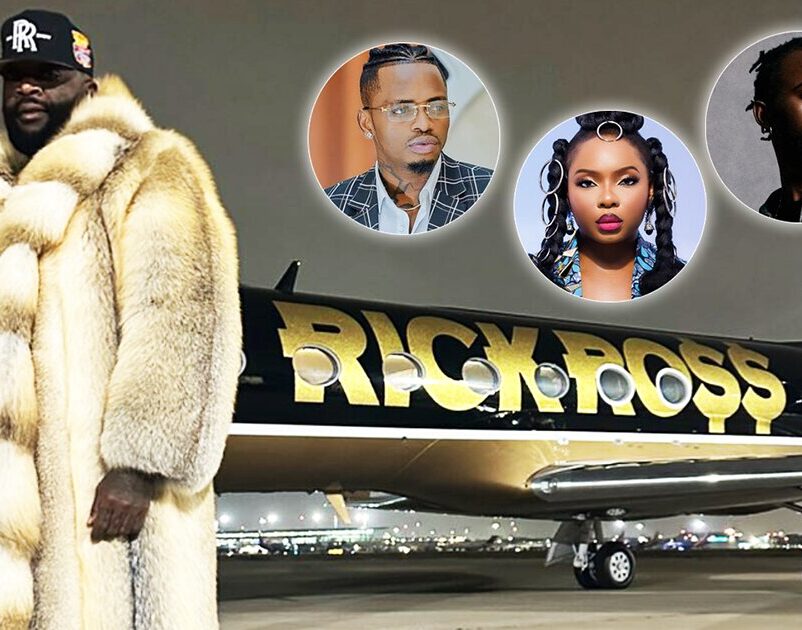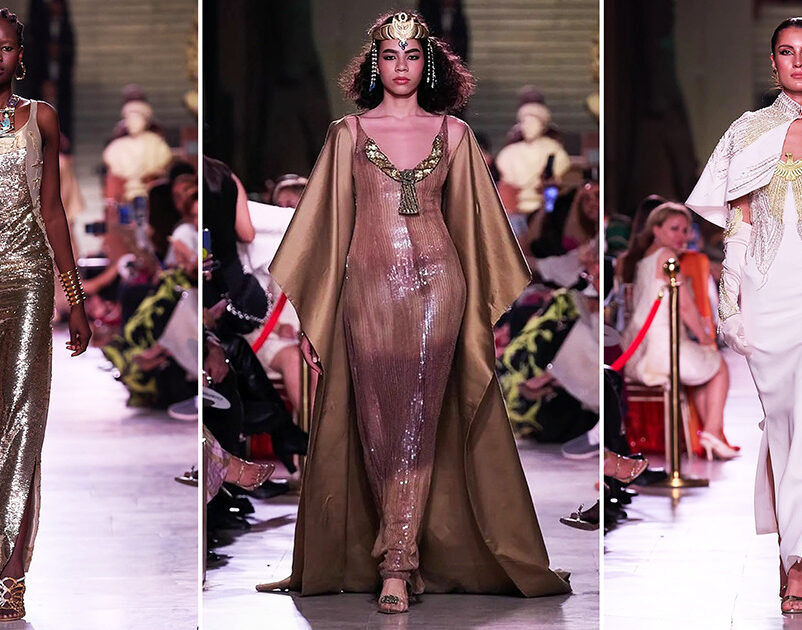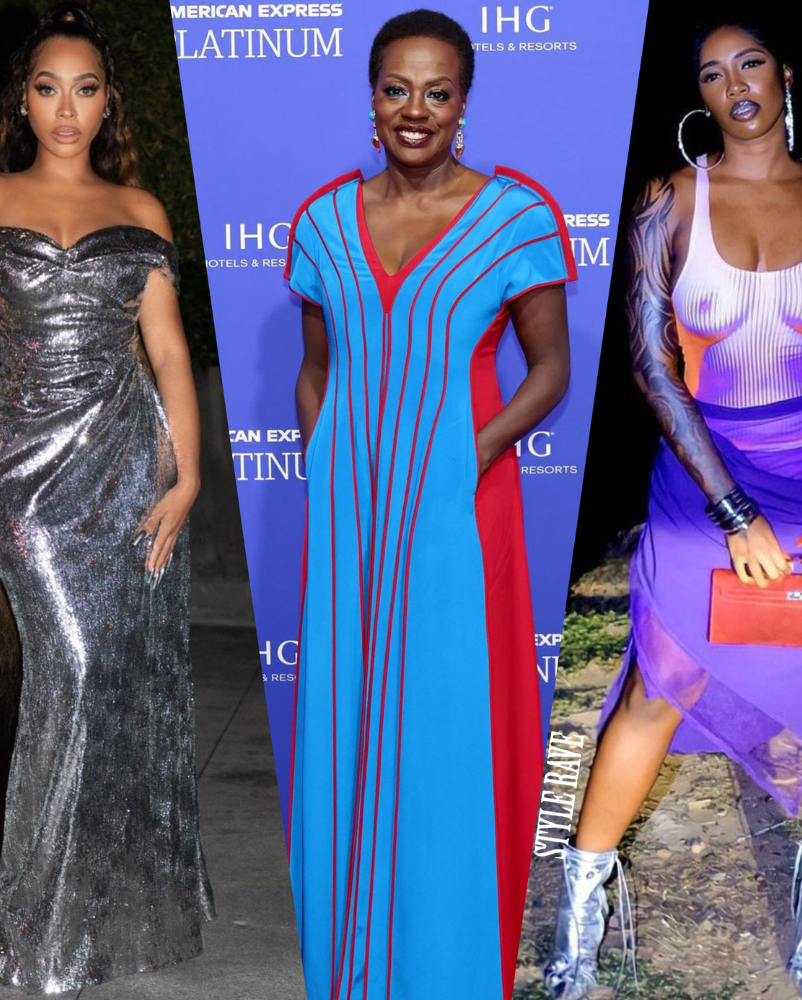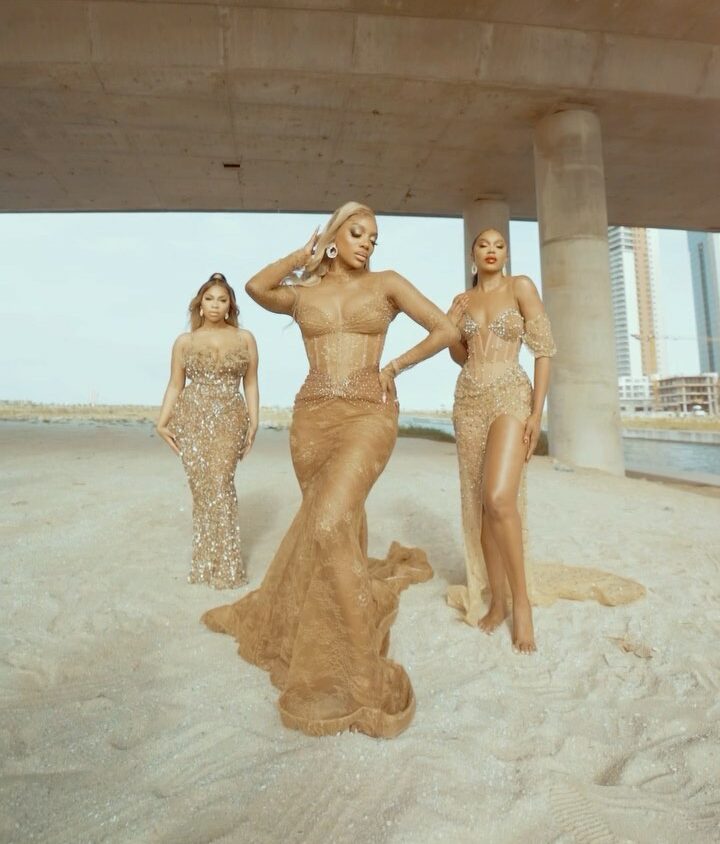
If You Like This Article Kindly Give Us A Share!
Big Boss Rick Ross has went live on his instagram status to announce a project he’s working on that involves African artists. Rick Ross has made some significant contributions to African music so one should understand in no way this article is to demoralize any perceptions artists may have of him. But it is just here to highlight some key factors that many of us over look when we become fans of artists and forget how to seperate non progressive messages from good music.

Young artists and fans today may not fully grasp the disturbing nature of the American music industry and its intentional use of various urban genres to dismantle African American communities.
THE REALITY OF AFRICAN AMERICAN MUSIC
Many who were fortunate enough to grow up in or before the 80s were witnesses to a beautiful and self-identifying genre called hip hop, featuring inspiring MCs delivering hit after hit, showcasing the creativity of African Americans. From artists like De La Soul, Tribe Called Quest, 2Pac Shakur, Common, and more, the music often addressed the plight of black oppression, lending its voice to the struggles against government injustices.
This era faced an unfortunate halt with the intervention of Caucasian, mainly Jewish, record companies that stifled music with positive messages and instead funded, pushed, and promoted derogatory artists. Despite the negative influence on the community, it becomes challenging to call out such artists, given the captivating nature of music and the fear of speaking out against those with millions of fans, as evident even in writing this article, which may face resentment from Rick Ross’s large fan base.
RAP & PRISONS UNDER WHITE/JEWISH CONTROL
Rap music eventually became a primary tool to not only disrupt the livelihoods of African Americans but also tarnish their global reputation, all while silencing them from speaking negatively about the American government. There are many documentaries, such as the one linked below, delve into this concept by exploring the ‘Hip Hop to Prison Pipeline.’
The United States, a nation built on the exploitation of immigrants and foreign countries, began to use prisons to justify a form of modern slavery. Non-white individuals, primarily Black Americans, were criminalized, arrested, and forced to work for free under the guise of maintaining law and justice, which is Slavery 2.0. Rappers played a significant role in perpetuating negative images of drug dealing, gun violence, and robbery, casting a false shadow on the reputation of African Americans. Some private prisons even bribed judges to increase incarceration rates, as seen in the link below.
MEEK MILL – I’M PAID MORE TO RAP NEGATIVELY
This reality is not too far fetched from Rick Ross. Even one of his own artists Meek Mill will soon open up and express the exact same sentiments. According to Meek Mill, record labels incentivize artists to rap about “violence, guns, and ignorant stuff” by offering them higher pay and greater exposure.
“They actually pay us more when we rap about “ignorant stuff…I keep the line on the rap ignorance,” he said, adding he tries to educate young people about how the industry works and the motives of the record labels.
What’s at play is not a matter of something that transpired 20-40 years ago, but a present reality. If Meek Mill admits to this, then unquestionably, Rick Ross is either a pawn or instigator of this disturbing trend.
Hip hop, once a source of pride, was exploited by record labels, stripping African American communities of their dignity. Almost every known hip hop artists doesn’t own their publishing nor masters. So even today when it is played on the radio, some European girl who has never listened to it gets money from owning the rights. Despite whether it is Biggie Smalls or Dead Prez you are listening to.

Another horrific part about it, is it became a vehicle used to promote only white-owned mainstream brands, from Gucci to Moet, Louis Vuitton, Maybach, Belaire and various other businesses, that have absolutely no benefit to the communities that make those songs number one. This already is happening in Africa to some extent with the likes of Davido, Burna Boy and Wizkid and the clothes the flaunt, but maybe we should expect a much greater increase.
THINGS TO NOTE IN RICK ROSS’S VIDEO
In Rick Ross’s video, there is a European figure encouraging him on his African project. At times, the he even joins in Rick Ross’s message where he left something out even calling the names of the artists such as Black Sherif, Yemi Alade, Diamond Platinumz & more, prompting the question: Is this Rick Ross’s project, or is he just a paid face?
Perhaps, this could be a non-harmful, strictly money-making project that does not encourage African-based artists to promote negativity—a possibility worth considering. This observation is not to diminish Rick Ross as a musician but to ensure that Afrobeats doesn’t follow the same negative trajectory as hip hop.
RICK ROSS IN THE HEART OF AFROBEATS
Rick Ross is not new to the Afrobeats genre. For those old enough to recall before the Afrobeats craze, Rick Ross collaborated with P Square on a track called ‘Beautiful Onyinye’ a decade ago, marking a significant moment in Afrobeats’ growth. Also, his verse and collaboration with Yemi Alade on ‘Oh My Gosh’ almost five years ago were additional highlights of Afrobeats’ expansion.
While Rick Ross’s music has been embraced by Africans worldwide, regardless of personal opinions, caution must be exercised regarding the future of Afrobeats and African music as a whole, particularly concerning the lyrical content.
Read More Like This On
UPCOMING TOP EVENTS!
AFRICAS BIGGEST FASHION WEEK IS HERE!

To Submit stories Email: [email protected] or HashTag #FashionGHANA
Source link





